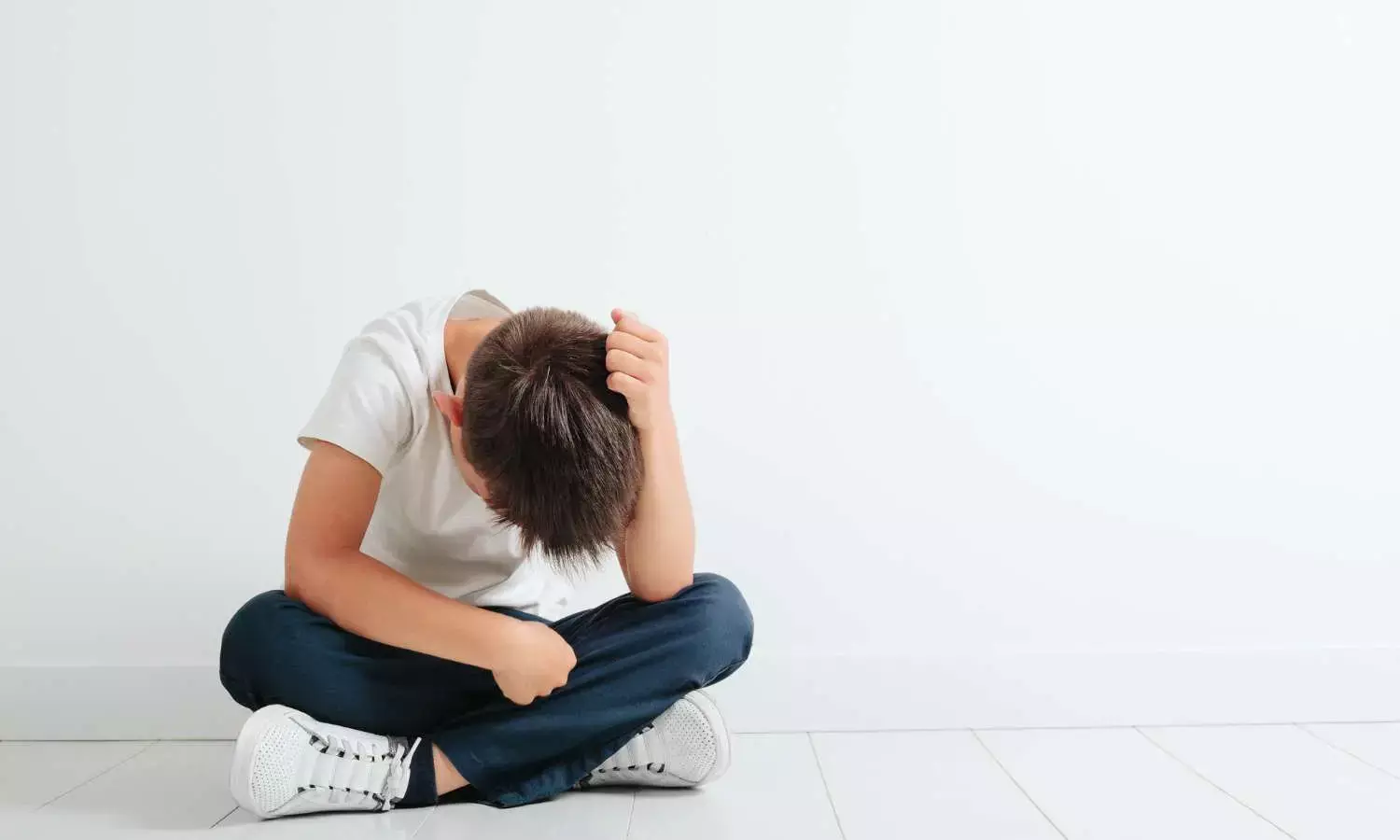- Home
- Medical news & Guidelines
- Anesthesiology
- Cardiology and CTVS
- Critical Care
- Dentistry
- Dermatology
- Diabetes and Endocrinology
- ENT
- Gastroenterology
- Medicine
- Nephrology
- Neurology
- Obstretics-Gynaecology
- Oncology
- Ophthalmology
- Orthopaedics
- Pediatrics-Neonatology
- Psychiatry
- Pulmonology
- Radiology
- Surgery
- Urology
- Laboratory Medicine
- Diet
- Nursing
- Paramedical
- Physiotherapy
- Health news
- Fact Check
- Bone Health Fact Check
- Brain Health Fact Check
- Cancer Related Fact Check
- Child Care Fact Check
- Dental and oral health fact check
- Diabetes and metabolic health fact check
- Diet and Nutrition Fact Check
- Eye and ENT Care Fact Check
- Fitness fact check
- Gut health fact check
- Heart health fact check
- Kidney health fact check
- Medical education fact check
- Men's health fact check
- Respiratory fact check
- Skin and hair care fact check
- Vaccine and Immunization fact check
- Women's health fact check
- AYUSH
- State News
- Andaman and Nicobar Islands
- Andhra Pradesh
- Arunachal Pradesh
- Assam
- Bihar
- Chandigarh
- Chattisgarh
- Dadra and Nagar Haveli
- Daman and Diu
- Delhi
- Goa
- Gujarat
- Haryana
- Himachal Pradesh
- Jammu & Kashmir
- Jharkhand
- Karnataka
- Kerala
- Ladakh
- Lakshadweep
- Madhya Pradesh
- Maharashtra
- Manipur
- Meghalaya
- Mizoram
- Nagaland
- Odisha
- Puducherry
- Punjab
- Rajasthan
- Sikkim
- Tamil Nadu
- Telangana
- Tripura
- Uttar Pradesh
- Uttrakhand
- West Bengal
- Medical Education
- Industry
Melatonin use reduces risk of self-harm in young people, study finds

Sweden: Melatonin treatment in females with anxiety and depression is associated with a reduced risk of intentional self-harm, indicating that sleep interventions could be considered to reduce self-harm risk in this population, an observational study from Karolinska Institutet in Sweden has shown. The study appeared in The Journal of Child Psychology and Psychiatry.
Medical sleep treatment reduced self-harm in young people with depression and anxiety, especially in girls.
Melatonin is a hormone that controls the sleep-wake cycle and is the most commonly prescribed drug for sleep disturbances in children and adolescents in Sweden. Melatonin use has dramatically increased in recent years, and it is available over the counter in Sweden since 2020.
“Given the established link between sleep problems, depression, and self-harm, we wanted to explore whether medical sleep treatment is associated with a lower rate of intentional self-harm in young people,” says Dr Sarah Bergen, docent at the Department of Medical Epidemiology and Biostatistics, Karolinska Institutet, who led the study.
Psychiatric disorders were common
The study identified over 25,500 children and teenagers between the ages of 6 and 18 who were prescribed melatonin in Sweden. Over 87 percent had at least one psychiatric disorder, mainly attention-deficit hyperactivity disorder (ADHD), anxiety disorders, depression, or autism spectrum disorder. Self-harm was about five times more common in girls than in boys.
The researchers estimated the risks of self-harm in the same individual while on or off medication by comparing the risk in the last unmedicated month with the twelve months after melatonin treatment was initiated. By doing so, they were able to take into account background factors that may affect associations, such as genetics, sleep disorder severity, or psychiatric disorders.
The risk of self-harm increased shortly before melatonin was prescribed and decreased by about half in the months following the initiation of treatment. Risk reduction was particularly evident among adolescent girls with depression and/or anxiety disorders.
Youth mental health crisis
“There is currently a youth mental health crisis, and the risk of self-harm and suicide is high,” says Sarah Bergen. “Our findings support the hypothesis that sleep interventions may reduce self-harm in this population, especially in girls.”
As it was an observational study, it cannot establish a causal relationship between melatonin and reduced self-harm rates. To check whether the use of other medications might have affected the findings, analyses were also carried out which excluded antidepressant users. The results were similar.
“This suggests that melatonin might be responsible for the reduced self-harm rates, but we cannot rule out that the use of other psychiatric medications or psychotherapy may have influenced the findings,” says Dr Marica Leone, first author of the study and former PhD student in Sarah Bergen’s research group.
Reference:
Marica Leone, Ralf Kuja-Halkola, Tyra Lagerberg, Johan Bjureberg, Agnieszka Butwicka, Zheng Chang, Henrik Larsson, Brian M. D'Onofrio, Amy Leval, Sarah E. Bergen published: 23 March 2023 https://doi.org/10.1111/jcpp.13785.
Dr Kamal Kant Kohli-MBBS, DTCD- a chest specialist with more than 30 years of practice and a flair for writing clinical articles, Dr Kamal Kant Kohli joined Medical Dialogues as a Chief Editor of Medical News. Besides writing articles, as an editor, he proofreads and verifies all the medical content published on Medical Dialogues including those coming from journals, studies,medical conferences,guidelines etc. Email: drkohli@medicaldialogues.in. Contact no. 011-43720751


